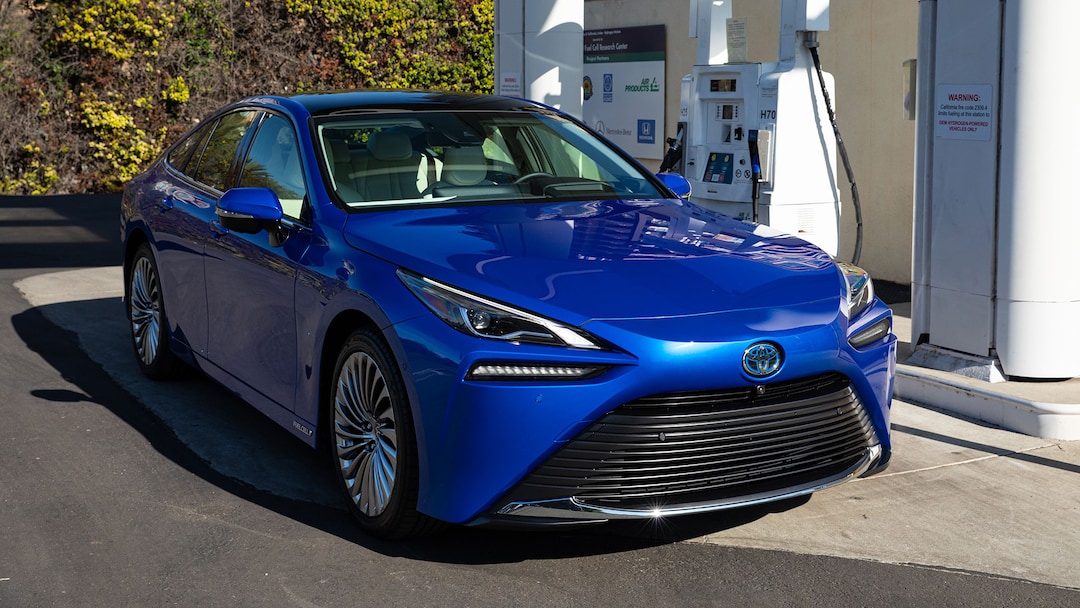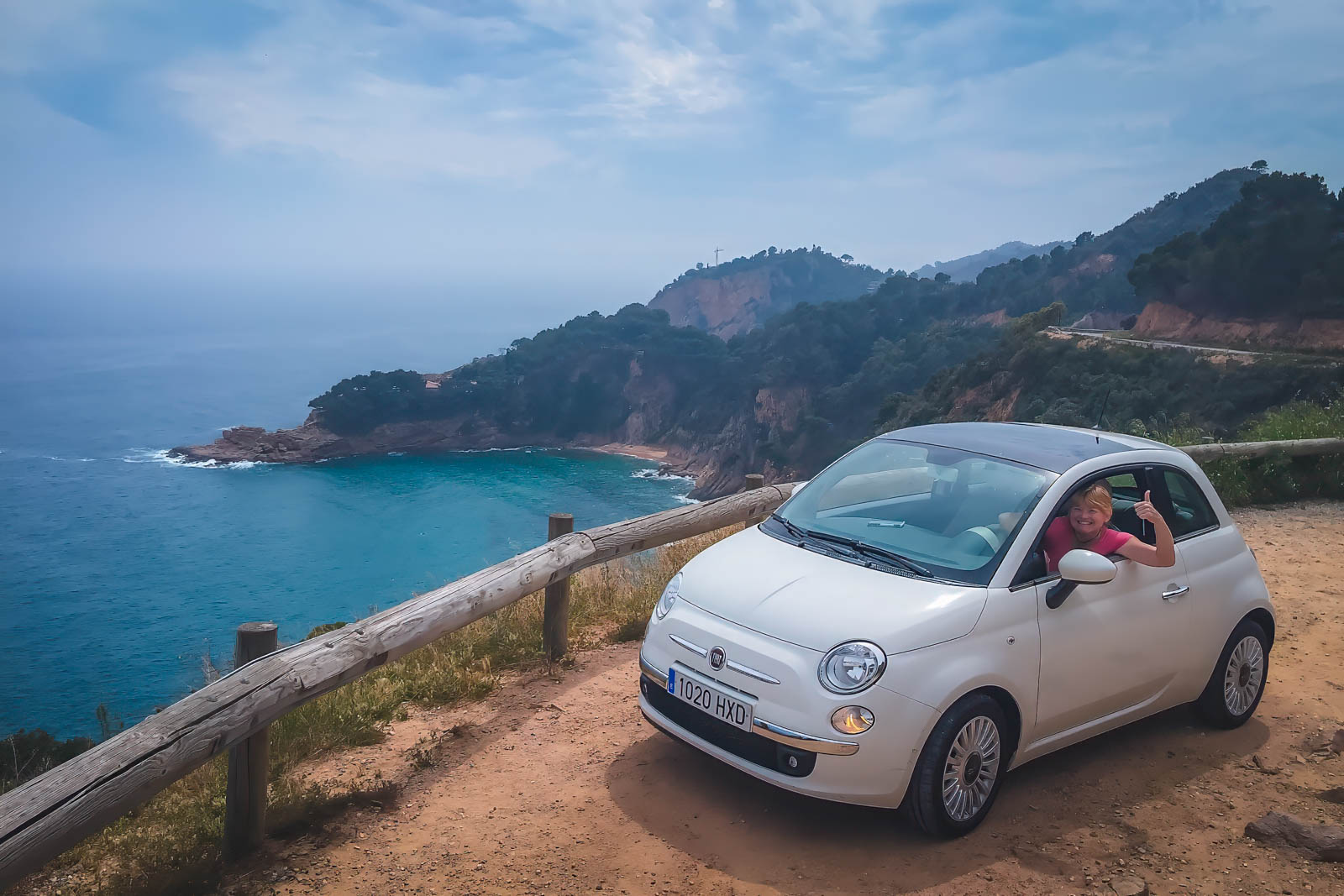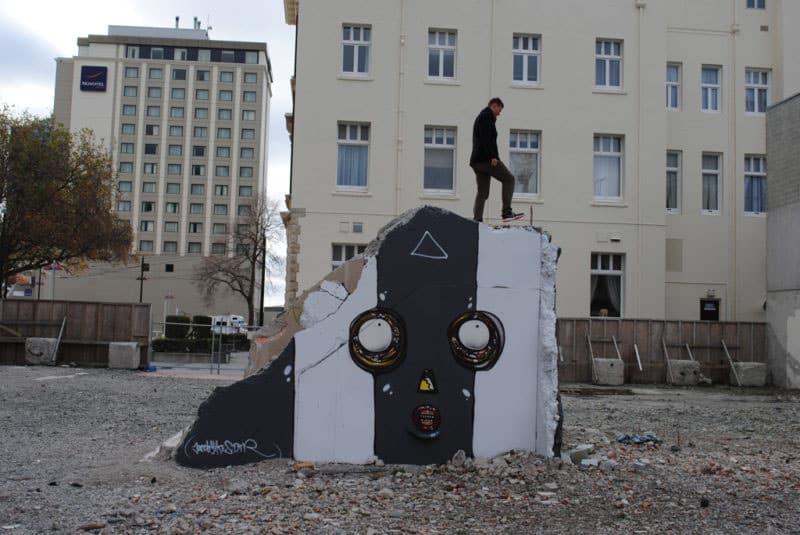Updates on Hydrogen Fuel Cell Vehicle Infrastructure in California
If you followed any of our yearlong ownership saga with Toyota’s Mirai, you’ll recall that refilling a hydrogen fuel cell vehicle with the elemental gas is, at best, difficult. At worst, it’s impossible. Poor station reliability and a very limited number of places to fill up made living with the Mirai, which is otherwise a great car, at times a nightmare. In Los Angeles, the idea of having fewer stations would trouble any owner of an FCEV, like the Hyundai Nexo or the upcoming Honda CR-V FCEV. Consequently, the news that Shell is shutting down a handful of Bay Area filling stations and apparently abandoning all of its California operations entirely this year should give everybody pause.

To be clear, Shell is not the only hydrogen station operator in California. Other companies such as True Zero, Iwatani, Messer, and Air Products still have active stations in the area. However, Shell did announce that seven stations in Berkeley, Citrus Heights, San Francisco, Sacramento, and San Jose would all be closed permanently, effective February 6.
In a statement from Andrew Beard, Vice President of Shell Hydrogen, the company cited “hydrogen supply complications and other external market factors” as the reasons behind this decision. As it stands, there are currently 17 operational stations in the Bay Area, although several are offline at the time of this writing, along with just one in the Sacramento area. Shell has already indicated that it would halt the construction of any of the 48 new stations planned for California—a significant reduction in potential infrastructure for the state—confirming that it “made the decision to permanently close its light-duty station network in California in early 2024.”

As of now, it remains uncertain whether other station operators, possibly affected by the same market conditions, will make similar decisions to reduce or shut down their operations. This, therefore, raises concerns regarding the overall viability of hydrogen fuel cell vehicles (FCEVs) as a sustainable transportation solution. Even a few closures in California send a troubling signal about the future of FCEVs.




